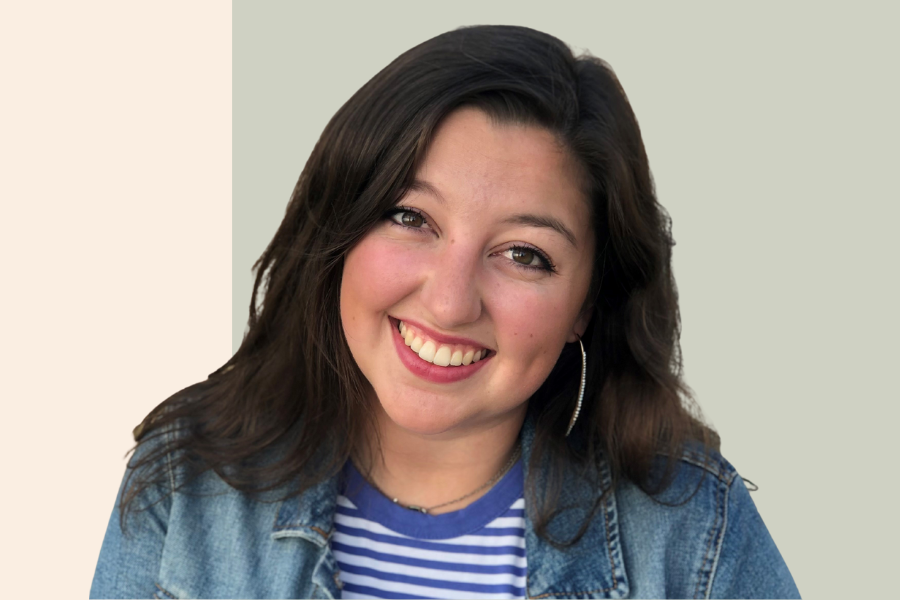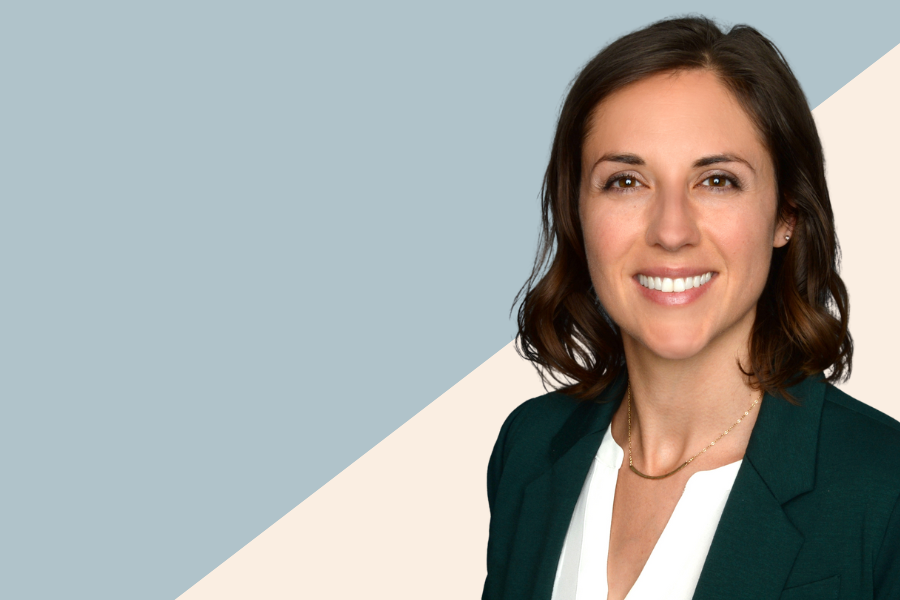Interview with Crystal Lalonde

By kevinlamanna
|
In honor of National Doctor’s Day, we interviewed one of our WisPQC initiative participants, Crystal Lalonde, MD, MS, about her career as a family practitioner, pediatrician, obstetrician, and educator in rural, northeastern Wisconsin.
What first drew you to this profession? My first delivery in medical school during my third year. Getting to bring a life into the world and seeing just how impactful that is helped make my decision to keep obstetrics and pediatrics a focus of my career. Describe your path to this profession. The first delivery I actually was hands-on in was amazing. The maternal grandmother was there and didn’t speak English, but had her daughter coach her how to say, “thank you for helping my daughter,” when I rounded the next day. Since then, the complexity of obstetric care and the ever-changing knowledge has kept me interested in this path. I have also expanded my scope of practice to include suboxone management for opioid use disorder, which an emphasis on pregnancy. In residency, I was part of a county-level collaborative for substance-free pregnancy care. I am a family physician, but do a lot of pediatrics and obstetrics, and keep informed on these practices so I can deliver high-quality care in lower resource settings. What is the most rewarding thing about your profession? Getting to be a part of patients’ lives at a critical moment, when they are welcoming new members to their family. Knowing that I am a trusted resource for them, my peers, and my community. What is the most challenging thing about your profession? There is often a misconception that primary care providers like me are too busy, or not interested/skilled in obstetrics care. This is, of course, not the case, as primary care is one of the only fields of medicine equipped to work in rural and lower resource areas and be able to provide high-quality care. Are there any expectations you had about this profession that you have found differed in reality – for better or worse? I had assumed that there would be more collaboration with “big city” physicians and specialists, which has proven at times to be more difficult than expected. There are also a lot more varied pathologic diagnoses that rural providers must become familiar with, as specialist care is often miles away and we are managing the day-to-day. Describe what an average work day look like for someone in your profession. I am in the clinic all day. When I am on call fielding OB triage or deliveries during the day, I need to block out some of my clinical time at the last minute. My day is filled with pediatrics, OB, suboxone, chronic disease management, and adult medicine. There are also some clinical procedures that occur many days, such as IUDs, Nexplanon, and other office-based minor procedures. Which books, podcasts, conferences, etc. would you suggest others in your field should check out? If considering the opioid use disorder treatment side of things, Dopesick by Beth Macy, Drug Dealer MD by Anna Lembke, and Dreamland by Sam Quinones are all excellent books. The Hulu show Dopesick, based on the book, is also striking and very well done. I try to attend the American Academy of Family Physicians (AAFP) Family Centered Pregnancy Care conference in July every year, as well as keeping up on Advanced Life Support in Obstetrics (ALSO). What skills does someone in your profession need in order to be successful in their career? Flexibility, a lifelong pursuit of knowledge and improvement, and a steadfastness (not giving up when things get difficult). It is also critical to be real with patients and colleagues, there are no perfect players in any portion of the field of medicine. We are all in this together! What advice do you have for someone looking to join this profession? Get as involved as you can early. I had many experiences afforded to me that were on my own time, especially in residency, but it prepared me to be the confident provider I am now. Where can people learn more about joining your profession? Electronic Residency Application Services (ERAS), American Academy of Family Physicians, (AAFP), and interest groups in medical school. What else do you wish people knew about your profession? That being a full spectrum family medicine physician is not as difficult or limiting as many people believe. Incorporating obstetrics has enriched my practice, ensures I have a fairly robust pediatrics practice, and positions me to be a leader in my community and practice group.
Thank you, Crystal, for taking the time to share your experience with us! Ensuring the best possible birth outcomes in Wisconsin takes a multidisciplinary approach – that’s why you’re here! |
Other Insights
Statement on Gun Violence and Perinatal Health
Perinatal Substance Abuse Infographic



